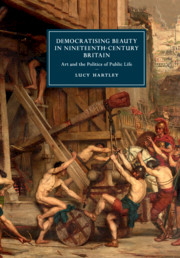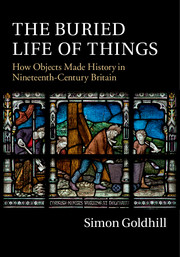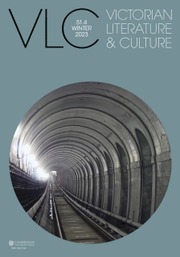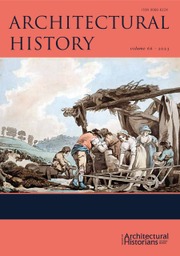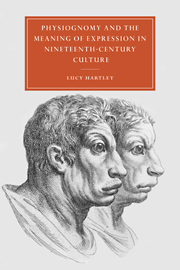Democratising Beauty in Nineteenth-Century Britain
Could the self-interested pursuit of beauty actually help to establish the moral and political norms that enable democratic society to flourish? In this book, Lucy Hartley identifies a new language for speaking about beauty, which begins to be articulated from the 1830s in a climate of political reform and becomes linked to emerging ideals of equality, liberty, and individuality. Examining British art and art writing by Charles Lock Eastlake, John Ruskin, Walter Pater, Edward Poynter, William Morris, and John Addington Symonds, Hartley traces a debate about what it means to be interested in beauty and whether this preoccupation is necessary to public political life. Drawing together political history, art history, and theories of society, and supplemented by numerous illustrations, Democratising Beauty in Nineteenth-Century Britain offers a fresh interdisciplinary understanding of the relation of art to its publics.
- Presents a new understanding of nineteenth-century British art and art writing
- Brings together a wide range of writings from the period, including aesthetic, political, moral, social, and economic commentary
- Supplemented by numerous illustrations
Reviews & endorsements
'… this is a very interesting and timely book …' Simon Grimble, Notes and Queries
Product details
July 2019Paperback
9781316635346
316 pages
240 × 170 × 10 mm
0.55kg
35 b/w illus. 1 table
Available
Table of Contents
- 1. 'Of universal or national interest': Charles Eastlake, the Fine Arts Commission, and the Reform of Taste
- 2. Reconstituting publics for art: John Ruskin and the Appeal to Enlightened Interest
- 3. The pleasures and perils of self-interest: calculating the passions in Walter Pater's essays
- 4. Figuring the individual in the collective: the 'art-politics' of Edward Poynter and William Morris
- 5. The humanist interest old and new: John Addington Symonds and the nature of liberty.

